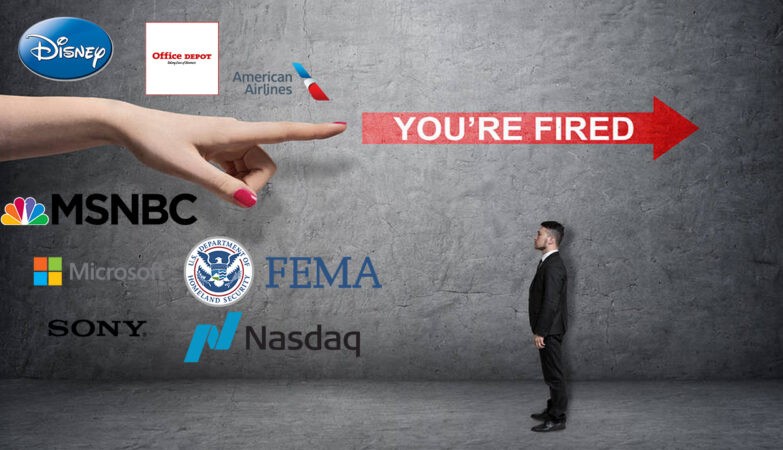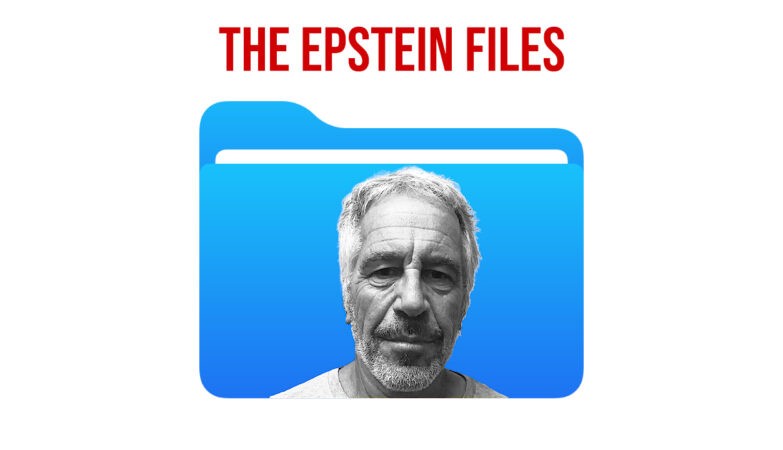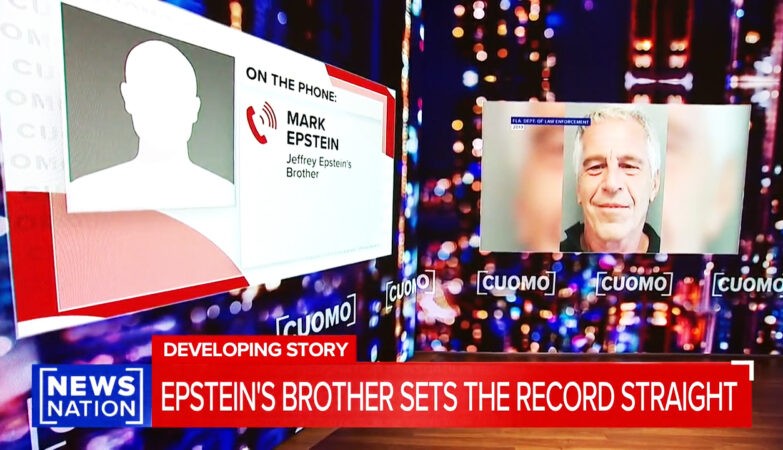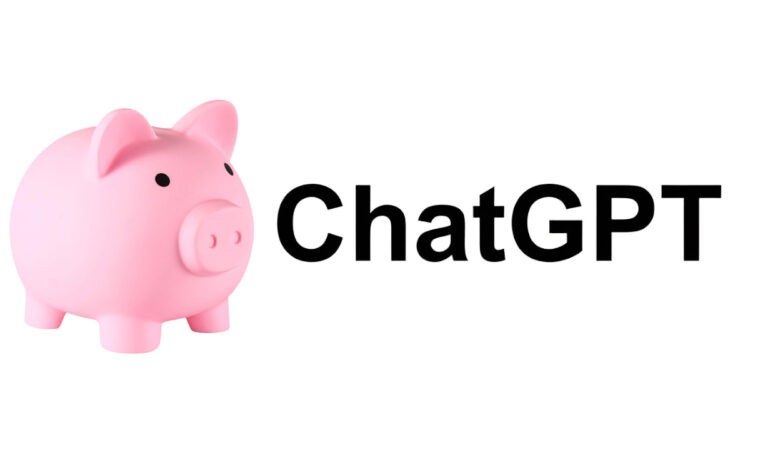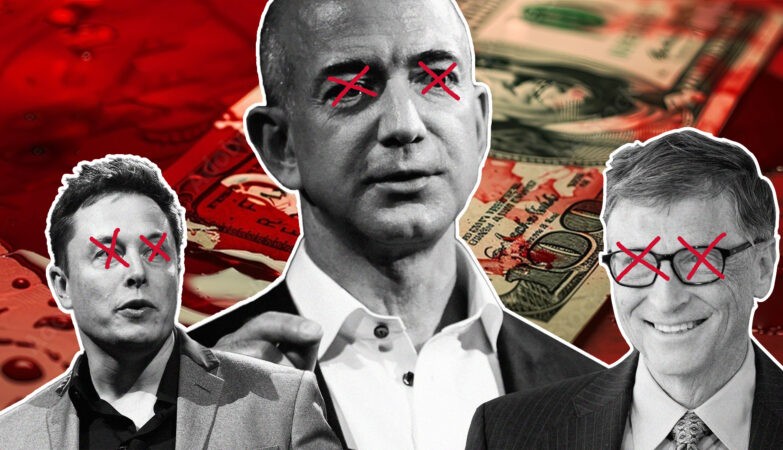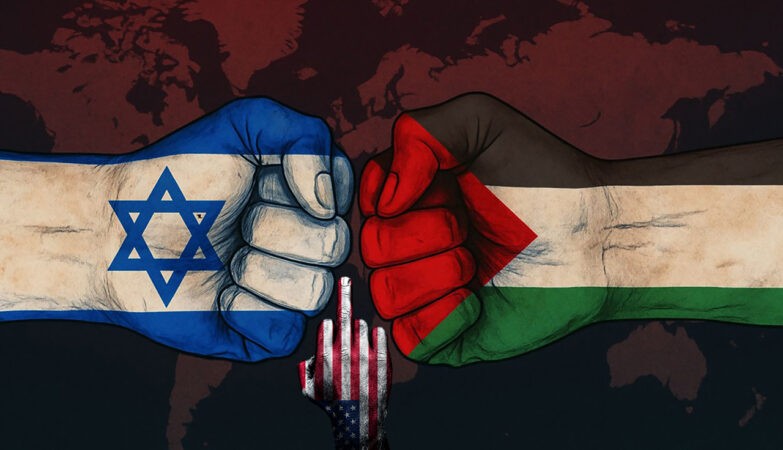The sudden closure of the Chinese consulate in Houston, Texas, was just one of the the latest moves in a chess match between the U.S. government and the Chinese Communist Party (CCP). Praising the shutdown as “long overdue,” U.S. Sen. Marco Rubio called the consulate the “central node of the Communist Party’s vast network of spies & influence operations in the United States.”
As the United States moved to confront Chinese operations in our country, authorities and the public are finding how kudzu-like Chinese peddling of influence has grown. Unfortunately, due to the recently chosen (not by the public) President, Joe Biden, the efforts will certainly be under constant scrutiny from the White House and newly controlled, authoritarian Department of Justice.
Here is why you should give a damn.
For decades, China has been fighting a stealth war against us with the objective of replacing America as the dominant world power. “The removal of the United States as what they call the hegemon is the most important thing” to them, according to China expert Michael Pillsbury. The Chinese would prefer to win a 21st-century war involving acquisitions of strategic industries like food and communications over a traditional military conflict.
In an article in the Atlantic, H.R. McMaster, President Trump’s former national security adviser, notes that Chinese president Xi Jinping told Trump in 2017 that the CCP is relentlessly pursuing the “great rejuvenation of the Chinese nation” — the “China dream.” McMaster relates a conversation with Li Keqiang, who indicates that the U.S. role in the future global economy will be “to provide China with raw materials, agricultural products, and energy to fuel its production of the world’s cutting-edge industrial and consumer products.”
According to McMaster, China’s leaders believe they have a narrow window of opportunity to revise the international order in their favor before other countries realize that the party is pursuing national rejuvenation at their expense.
Our response to the coronavirus pandemic has been severely impacted by Chinese control over the manufacturing of strategic pharmaceuticals and essential personal protective equipment — masks, surgical gowns, and gloves. This should be the shot across our bow. The Smithfield story is another reminder that Beijing’s economic grab is strategic and goes far beyond drugs and medical supplies. Chinese ownership of our essential food producers generates a similar vulnerability to our national security.
It’s time to counter the “China dream” with an American wakeup call. The alarm is ringing.
TikTok

The most downloaded app in the U.S. (in October 2018) Tiktok is also owned by a Chinese Internet technology company in Beijing called ByteDance.
GH America

During testimony to the Senate Judiciary Committee in July 2019, FBI Director Christopher Wray stated, “there is no country that poses a more severe counterintelligence threat right now than China.”
It was largely ignored by the media that prefers to emphasize the villainy of Russia.
Also ignored, for the most part, except for Fox News and a few other lesser outlets: China purchased over 100,000 acres of land in West Texas. They say it’s for economic reasons. They built a wind farm, but it is near U.S. military facilities like Fort Hood, Fort Bliss, and Lackland Air Force Base. Lackland and nearby Laughlin AFB.
Beginning in 2015, GH America Investment Group purchased over 130,000 acres of property in Val Verde County. GH America is a wholly-owned subsidiary of the Xinjiang-based Guanghui Industry Investment Group. Xinjiang is notorious for its so-called “re-education” camps, where China detains Uighur Muslims and other ethnic minorities against their will and violates their human rights, Fox News reports.
G&E Studio

Five years ago, Reuters exposed a hidden radio network that was broadcasting propaganda in the United States. California-based G&E Studio is owned by a Beijing-based company that is a subsidiary of the Chinese state media company called China Radio International. The Chinese “borrowed boat” strategy employs a variety of front companies to lease our domestic radio bands, bypassing a federal ban on foreign governments owning the stations.
One rural Virginia station was leased and then transformed from a backroads broadcaster to a maximum-wattage mouthpiece that hits an area far beyond D.C. The communist-controlled broadcasts can be heard in other major markets, including Philadelphia, Atlanta, Los Angeles, Houston and Dallas.
General Electric Appliances

Deal size: $5.4 billion
Acquirer: Qingdao Haier Co.
Date (announced): January 15, 2016
General Electric had stumbled in its bid to sell off its appliance division after the U.S. government said it would try to block a deal for the division to be bought by Electrolux. Instead, GE backed out of that deal and struck a new one with China-based Qingdao Haier. Earlier this month, U.S. regulators said they had completed a review of the new deal with no comment.
General Electric
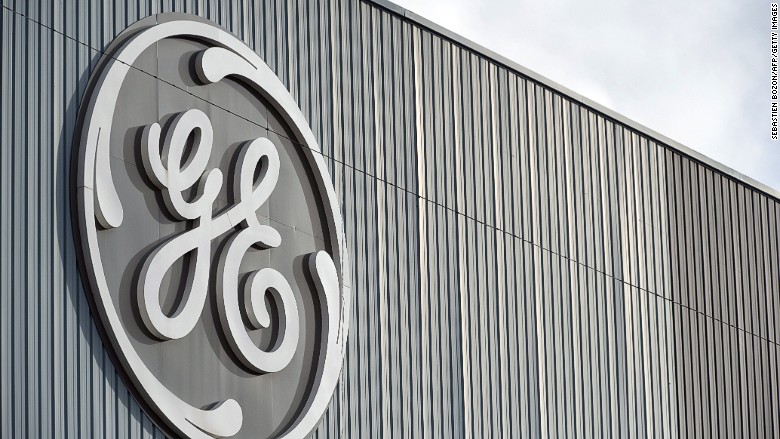
General Electric appliances have been a household name in the US from refrigerators, air conditioning, stoves, washer and dryers since 1962, with special thanks to their “Made in America” logo that makes their products appeal more to Americans.
But, what many may not know, is that while GE appliances are still “Made in American,” the iconic US brand is already Chinese owned. In 2016, GE was bought by the world’s largest appliance company — Haier from China for a whopping $5.4 billion, the largest acquisition of a foreign electronics business in China.
GE Appliances is still headquartered in Louisville, Kentucky, but you know now that its real motherland is now in Qingdao, China.
R&C Media Group
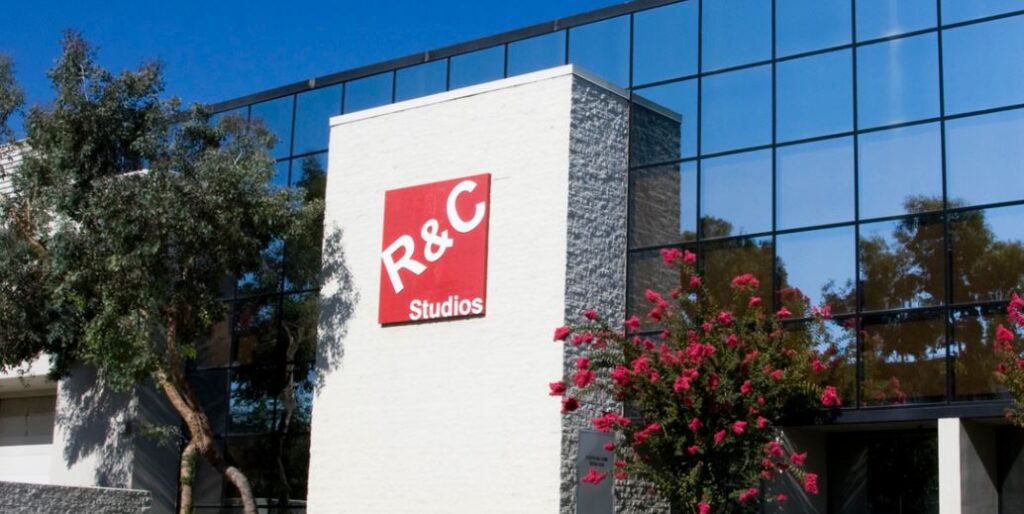
R&C Media Group appears to be an even bigger disseminator of Chinese propaganda. The Los Angeles-based company is the digital television and Internet distributor of the Chinese government’s state-owned TV station. R&C is also the North America chief representative of China Film Group Corp., a Chinese government-owned entity that approves or bans U.S.-produced movies from being distributed in China. That’s a nice connection to have — especially when the businessman who runs G&E Studio also chairs the Chinese American Film Festival that attracts Hollywood bigwigs.
Chinese Central TV and China Daily
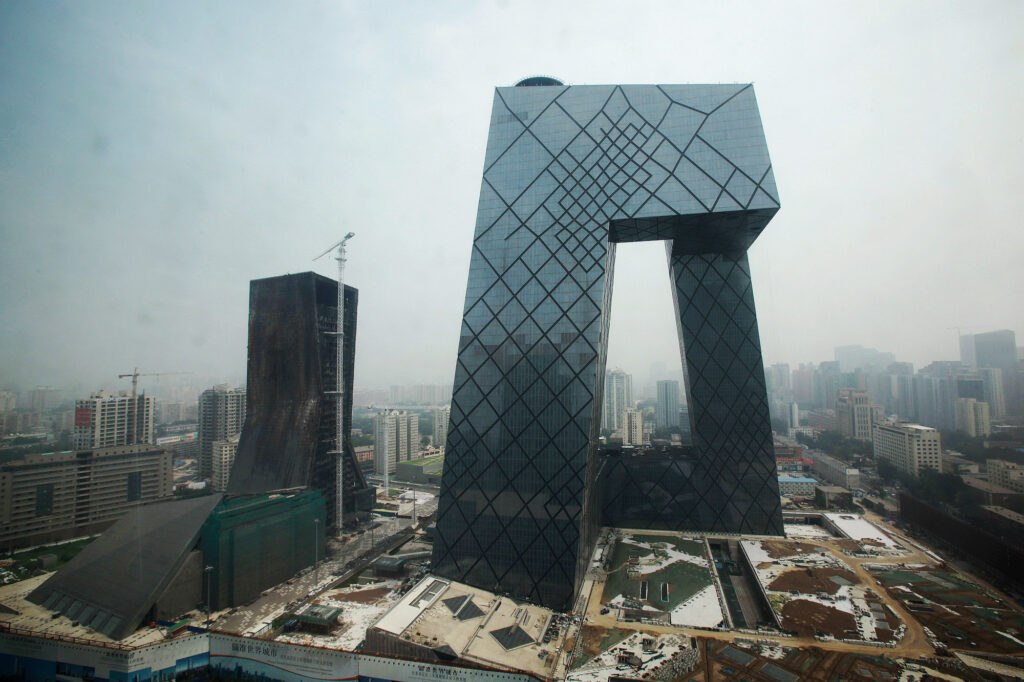
In 2019, Chinese entities tripled their spending from 2016 to nearly $30 million in foreign agent filings. The biggest spender was Chinese Central TV, followed by China Daily, another media mouthpiece for the CCP.
China Telecom
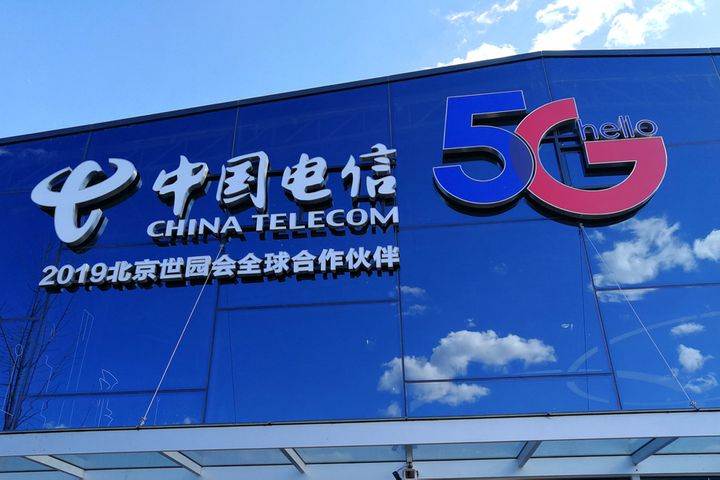
The money has bought some heavy-hitters to provide pig lipstick. Last year, China Telecom hired global ad firm Ogilvy for almost $300,000. Ogilvy pledged to activate “third-party influencers” to “reinforce a positive narrative” about China Telecom through social media postings and communications with policymakers. The CCP-controlled government hired global law and lobbying firm Squire, Patton, Boggs, while Mercury Public Affairs and Burson-Marstellar also work for Chinese interests.
Starwood Hotels
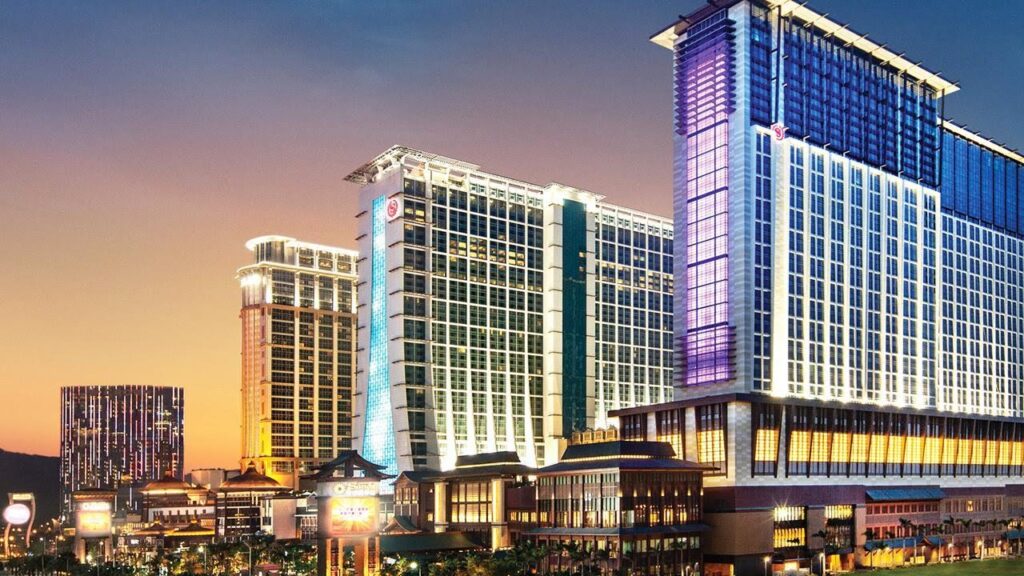
Deal size: $14.3 billion
Acquirer: Anbang Insurance
Date (announced): March 14, 2016
It is the latest hotel acquisition by the Chinese insurer, which last year bought the company that owns New York’s Waldorf-Astoria. Also this week, Anbang announced its was buying a number of hotels owned by Blackstone. Starwood would add 1,300 hotels around the world to Anbang’s portfolio.
Sheraton Universal Hotel

Chinese real estate firm, Shenzhen New World Co., Ltd., has purchased the iconic Sheraton Universal Hotel near Universal City’s studios and theme park in Los Angeles for $60 million in 2011.
Marriott Downtown Los Angeles
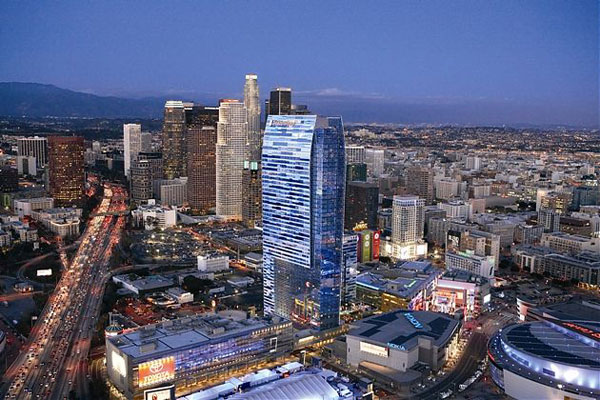
The same Shenzhen-based developer also bought the Marriott Downtown Los Angeles hotel in March 2010 for $90 million with the Chinese firm noting the “great location” of the property and expectation that “ the hotel business [will] getting better.”
The Waldorf-Astoria
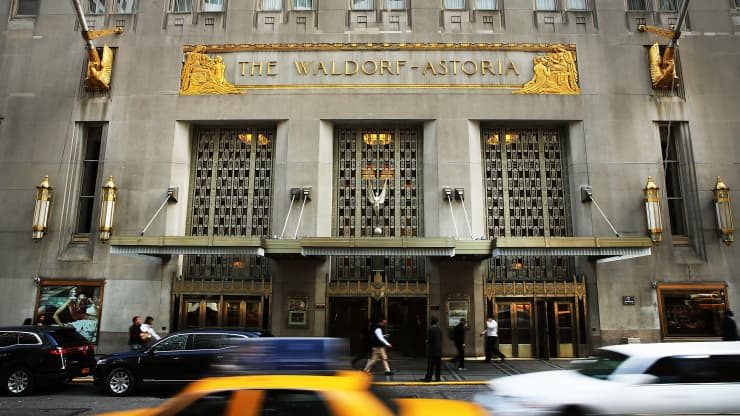
China’s Anbang Insurance Group purchased the well-known Manhattan hotel, Waldorf-Astoria in New York City for $1.95 billion.
The Beijing-based holding company also bought US insurer Fidelity & Guaranty Life and attempted to purchase Starwood Resorts. It lost to American multinational diversified hospitality company Marriott, however.
Strategic Hotels & Resorts

Anabang’s interest in the hotel sector wasn’t limited to the Waldorf and Starwood. Last year Blackstone Group sold its line of luxury hotels to the Chinese company for $3.93 billion (roughly $6 billion, including debt). The deal put Anabang in charge of 16 properties, including assorted Ritz-Carlton locations in California, the Fairmont Scottsdale in Arizona and the Four Seasons Resort in Jackson Hole, Wyoming.
Smithfield Foods

Deal size: $7.1 billion
Acquirer: Shuanghui International
Date: May 29, 2013
At the time of the deal, Minxin Pei, a professor of government at Claremont McKenna College, wrote,
“Some people saw the move by Shuanghui, a private firm based in Henan, as a masterstroke to expand its ability to supply a fast-growing market with premium-brand pork at higher prices. Some view the purchase as a means to acquire valuable hog-farming and processing technology. Others worry that Shuanghui might use Smithfield as a channel to sell its products in the U.S.”
Ingram Micro
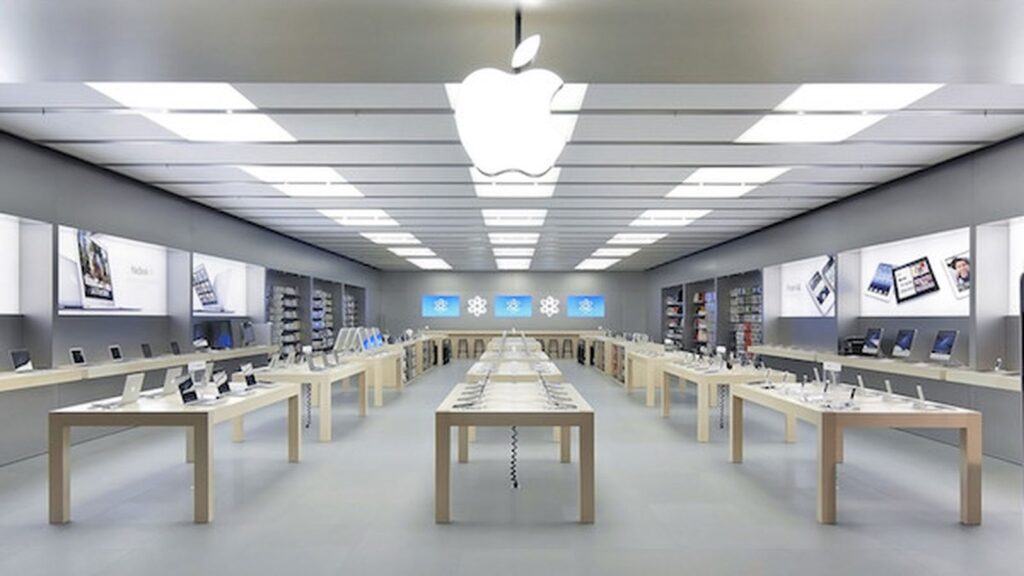
Deal size: $6.3 billion
Acquirer: Tianjin Tianhai Investement Development Co.
Date (announced): February 17, 2016
No. 62 on the Fortune 500, Ingram Micro agreed earlier this year to be bought by a Chinese firm that specializes in aviation and logistics.
Terex Corporation
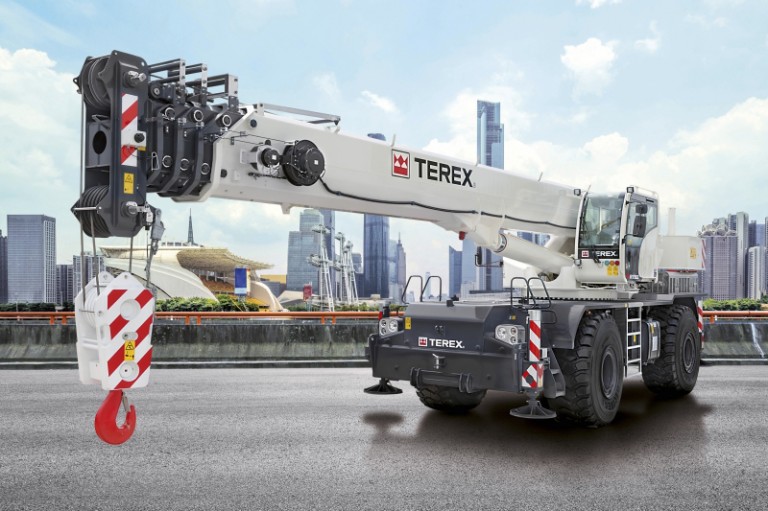
Deal size: $5.4 billion
Acquirer: Zoomlion Heavy Industry Science
Date (announced): January 26, 2016
The 83-year-old Connecticut-based company makes machinary for construction, agricultural, and industrial purposes.
Legendary Entertainment Group
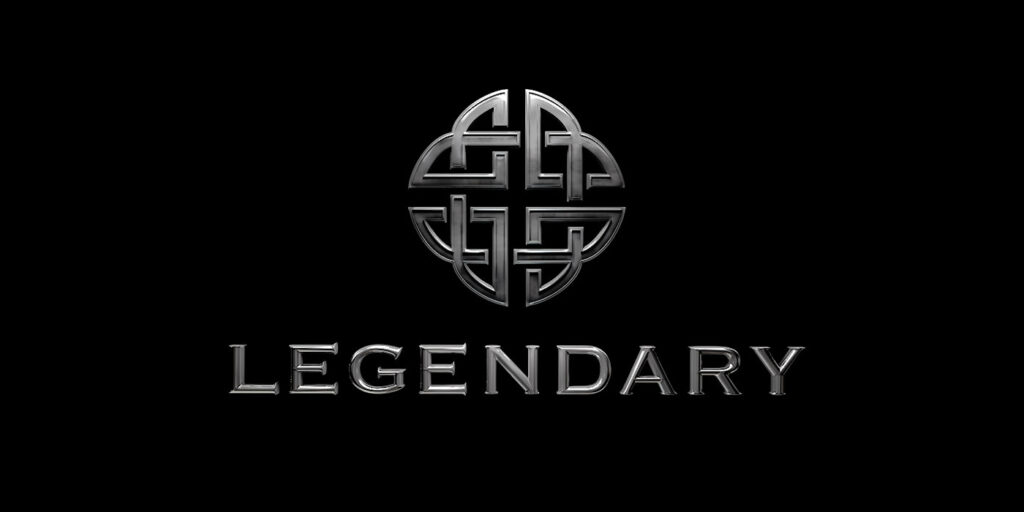
Deal size: $3.5 billion
Acquirer: Dalian Wanda
Date (announced): January 12, 2016
It is the largest China-Hollywood deal to date. Legendary has co-financed a number of major movies, like Jurassic Park and Straight Outta Compton. A number of the company’s movies, like Godzilla and Pacific Rim, have done well in China.
Motorola Mobility
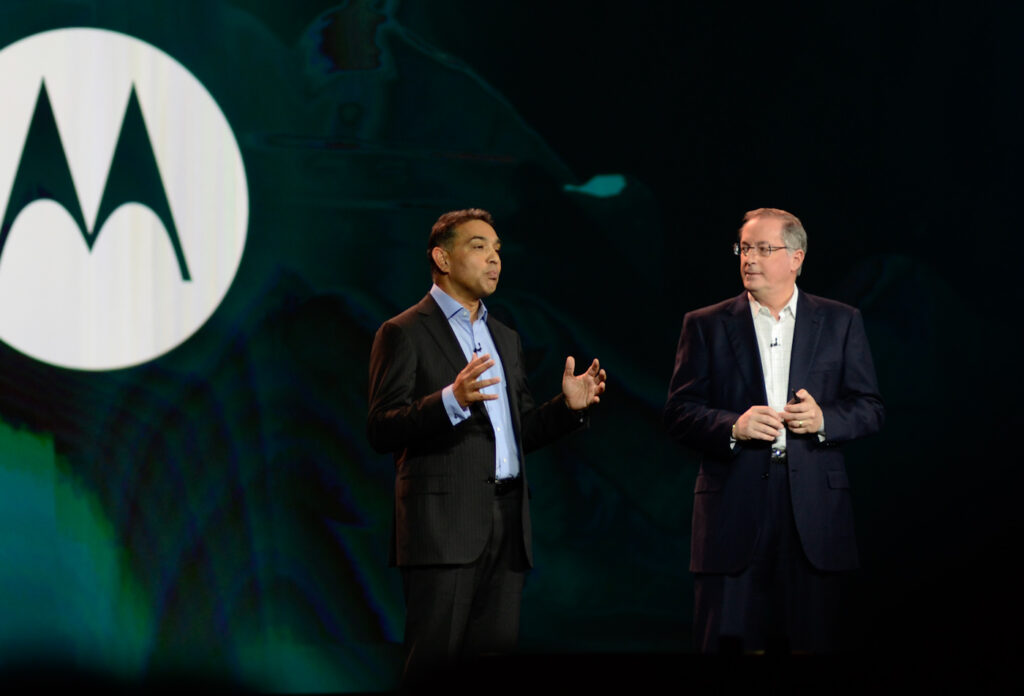
Deal size: $3.1 billion
Acquirer: Lenovo
Date: January 12, 2014
Computer maker Lenovo consolidated its phone business with Motorola’s. The new handsets will go by the brand “Moto.” Lenovo has downsized Motorola’s old business and implemented layoffs. But some of the division’s lower priced phones have sold well.
AMC Entertainment Holdings
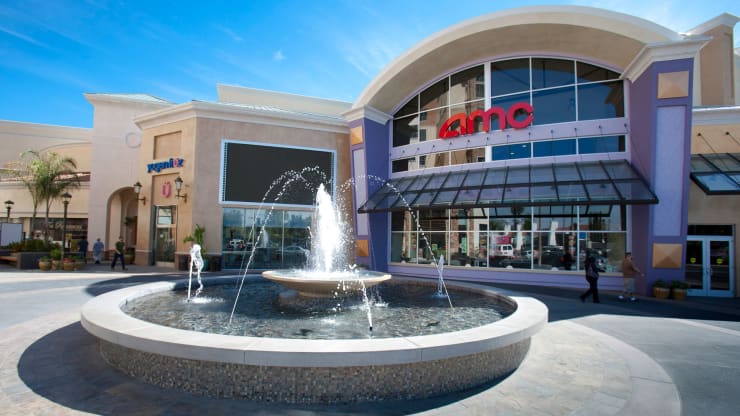
Deal size: $2.6 billion
Acquirer: Dalian Wanda
Date: May 20, 2012
When Dalian bought AMC, it was the U.S.’s second largest movie chain. But a $1.1 billion acquisition announced earlier this month of Carmike Cinemas has moved AMC into the No. 1 spot.
Teledyne Continental Motors and Mattituck Services

Continental Aerospace Technologies (Continental Motors and Teledyne Mattituck Services) was sold to Chinese-stated owned Aviation Industry Corporation of China(AVIC) for $186 million.
While the American aircraft engine manufacturer is now owned by the Beijing-based AVIC, who is ranked 159th in the Fortune Global 500, it remains to be located at the Brookley Aeroplex in Mobile, Alabama as part of the deal.
Chinese firms also fully-owns Triple H Coal, GM Global Steering, First International Oil, Friede Goldman United, Woodbine Acquisition, Bank of East Asia (USA).
International Lease Finance Corp, Apptec Laboratory Services, Complete Genomics, Zonare Medical Systems, ASSA Properties, One Chase Manhattan Plaza, A123 Systems, Mochi Media, Quorum Systems, Goss International and the PC business of IBM are also owned by China.
Riot Games
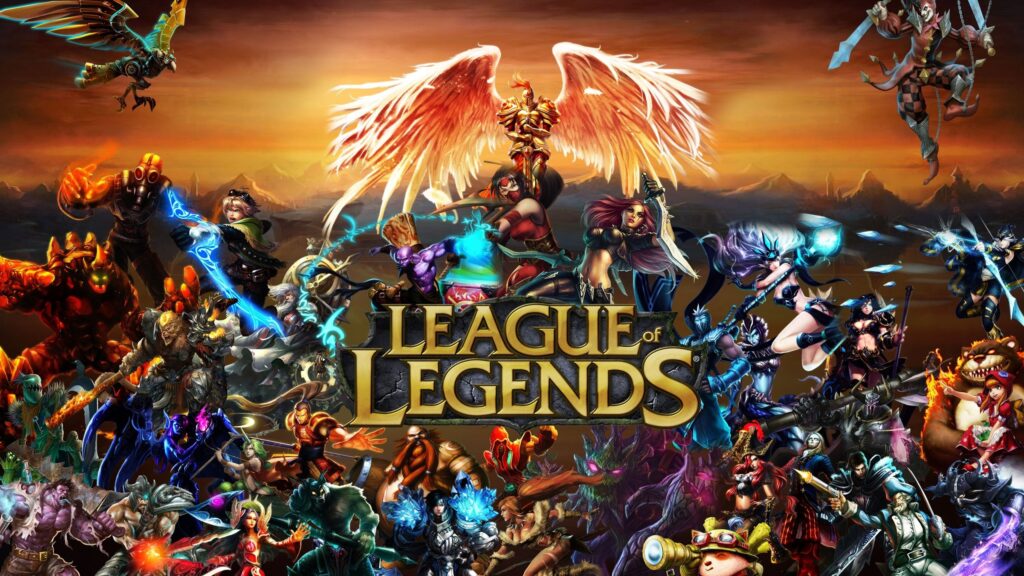
LA-based American game-developer, Riot Games, who created the video game “League of Legends” sold a billion-dollar franchise to Chinese holding company Tencent, who has an interest in various internet-related products, services, entertainment, and AI.
In 2011, Tencent bought a majority stake in Riot for $400 million and in 2015 bought the rest of the company, although the final amount was not disclosed.
Shenzhen-based Tencent, who developed Chinese multi-purpose messaging, social media and mobile payment app WeChat, also holds investment stakes in American video game holding company Activision-Blizzard and video-game franchise “Gears of War” creator Epic Games.
Chicago Stock Exchange

Green lighted in late December 2016 from the Committee on Foreign Investment in the United States. The group said it had “no unresolved national security concerns” over the deal, despite some concerns raised in Congress. China’s Chongqing Casin Enterprise Group (which says it has no ties to the Chinese government) reportedly wants to use the exchange to give more Chinese companies access to the U.S. market. The price for the exchange was not publicly revealed, but Bloomberg has reported it to be under $100 million.
Over 2,400 Small Companies
Chinese interests have purchased 2,400 American companies. These are not chains of dry cleaners. The list includes AMC Theaters, with 8,000 screens, and Legendary Entertainment, a major film production company. It’s another subtle control over what America sees and hears about the CCP. These purchases are just another part of China’s “soft power” strategy. Consequently, you won’t see a film produced with commercial value that has a hint of negative China imagery.
Anti-biotics and Vitamins
We are reliant on China for 97% of our antibiotics supply. The Chinese have long understood choke holds. Said one Chinese economist: “China is the world’s largest exporter of vitamins and antibiotic raw materials. Once the export is reduced, the medical systems of some developed countries will not work.”
Made In China 2025 Program
The Chinese government is seeking global dominance through its “Made in China 2025” program where they dominate 10 key technologies from Aerospace to Ocean Engineering. And too often, we’re giving them a helping hand. The Chinese have purchased key tech companies to gain our research on the cheap. U.S. companies have faced forced technology transfers in order to access the Chinese marketplace, as well as illegal espionage, in the form of hacking, intellectual property theft and similar attacks as we discovered even before the reveal in Houston.
The CCP is playing a deliberately long game with predictable outcomes. Not unrelated, the 9/11 commission had one major finding. It was the “Failure to Imagine” vulnerability to a horrific attack. We shouldn’t have to learn that lesson twice.
- https://www.washingtontimes.com/news/2020/jul/27/confronting-the-chinese-communist-party-in-the-uni/
- https://finance.yahoo.com/news/biggest-american-companies-now-owned-211004728.html
- https://www.americanthinker.com/blog/2020/05/how_china_is_buying_up_americas_food_supply.html
- https://www.cnbc.com/2017/05/11/10-iconic-american-companies-owned-by-chinese-investors.html
- Why Student Loans Are a Scam - January 18, 2026
- Nick Shirley Is a Retard - January 13, 2026
- Here Are All of the Epstein Files So Far - January 11, 2026








